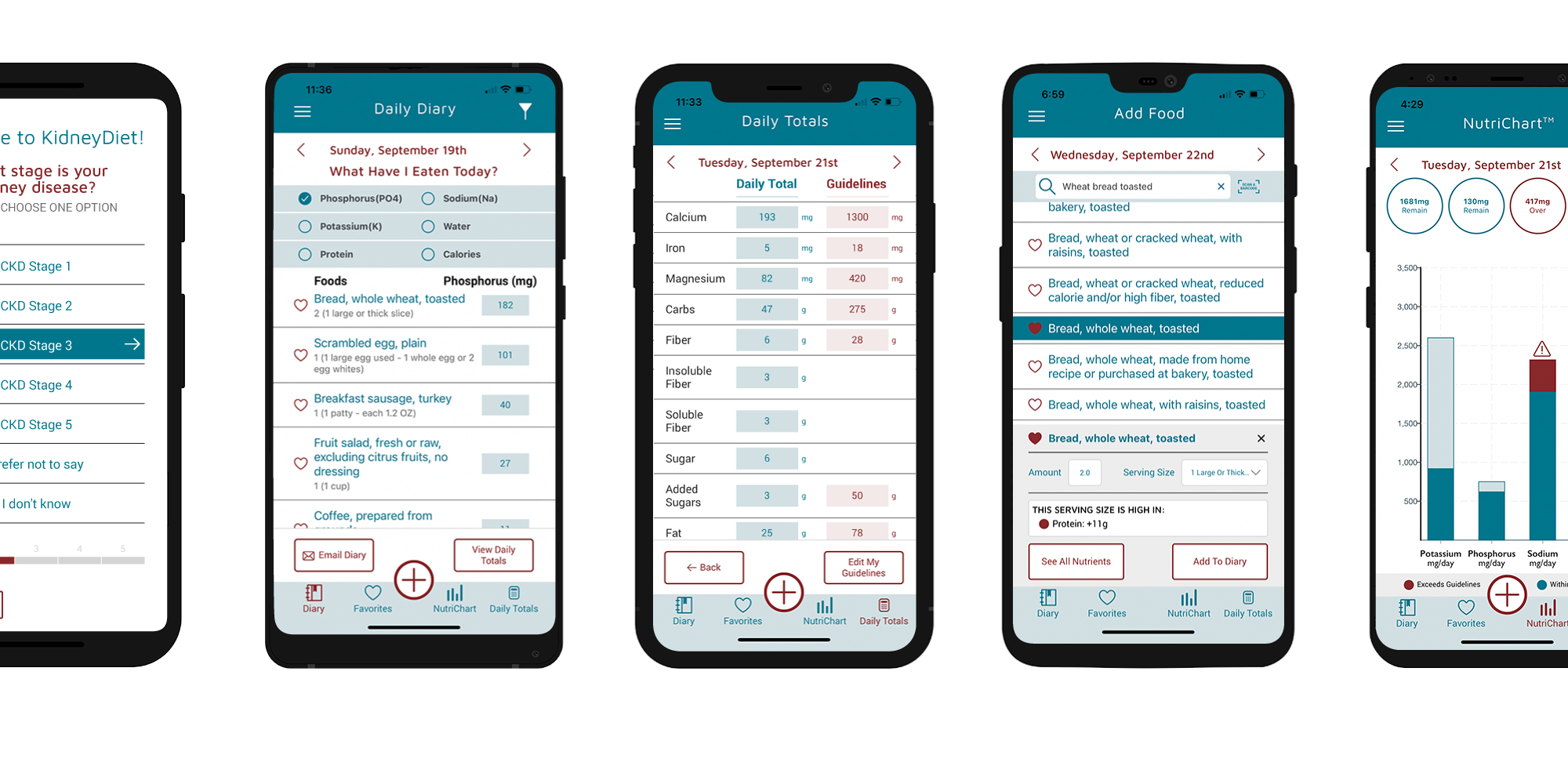Understanding the Kidney Diet for Chronic Kidney Disease
A kidney diet is essential for those managing chronic kidney disease (CKD) or seeking a healthy diet to support their kidney function. People with kidney disease must carefully choose foods that align with their nutritional needs, especially for controlling high blood pressure and maintaining a healthy weight.
Choosing Kidney-Friendly Foods
When following a kidney diet, it’s crucial to focus on kidney-friendly recipes that emphasize healthy fats like olive oil, low sodium choices, and whole grains. Avoiding high phosphorus foods such as dairy foods, orange juice, and winter squash can help manage phosphorus levels.
How Much Protein Should You Eat?
For people with kidney disease, how much protein you consume is important. In the early stages of CKD, limiting protein intake may be necessary, while those in later stages may require more protein to build muscle and maintain strength.
Managing Blood Pressure and Sodium Intake
To control blood pressure, it’s important to avoid too much sodium from packaged foods, deli meats, and canned vegetables. Reading food labels and choosing low sodium options can support kidney health and prevent fluid buildup.
Monitoring Phosphorus, Potassium, and Fluids
People with kidney disease need to manage their potassium levels by limiting certain foods like winter squash and orange juice. Monitoring how much fluid you drink is also crucial to avoid fluid buildup, which can affect kidney function.
Ensuring Enough Vitamins and Nutrients
To stay healthy, individuals following a kidney diet should ensure they are getting enough vitamins and nutrients. Calcium supplements, vitamin D, and phosphate binders may be recommended by healthcare providers. Working with a registered dietitian can help create an eating plan that meets individual needs.
Creating a Balanced Eating Plan for Kidney Health
A well-structured eating plan that includes foods with healthy fats, low sodium, and enough protein is key to managing chronic kidney disease. Following dietary guidelines can improve kidney function, control blood sugar levels, and reduce the risk of heart disease and bone disease.
Maintaining Kidney Function with a Kidney Diet
By choosing the right balance of foods, limiting too much phosphorus and sodium, and incorporating healthy fats, you can support your kidney function and overall health. The National Kidney Foundation recommends working with a healthcare provider to create a customized meal plan tailored to your specific dietary needs.
High Phosphorus Foods
Dairy Products
Milk
Cheese
Yogurt
Ice cream
Meats and Protein Sources
Organ meats (liver, kidney)
Processed meats (deli meats, hot dogs, bacon)
Sardines
Shellfish
Grains and Baked Goods
Whole grain bread
Bran cereals
Oatmeal
Brown rice
Beverages
Cola drinks
Beer
Chocolate drinks
Nuts and Seeds
Almonds
Cashews
Sunflower seeds
Pumpkin seeds
Legumes and Beans
Lentils
Black beans
Chickpeas
Soy products
Convenience and Processed Foods
Fast foods
Frozen meals
Packaged snacks
Foods with phosphate additives (often found in processed foods)
Combat high blood pressure with a healthy diet
Tags: healthy kidneys, food labels, packaged foods, kidney disease, salt substitutes, rice cereals, blood sugar, herbal supplements, potassium apples, early stages, dairy foods, blood vessels, eating plan, specific diet, stay healthy
Understanding the CKD Diet: Healthy Eating for Chronic Kidney Disease
For people with chronic kidney disease (CKD), following a CKD diet can make a significant difference in kidney health and overall well-being. The CKD diet is designed to reduce stress on the kidneys and slow disease progression. It emphasizes healthy eating with fresh fruits and vegetables, low sodium packaged foods, and the careful use of salt substitutes to protect blood vessels and maintain potassium normal blood levels.
More on Chronic kidney disease CKD
It’s important to work with a health care provider or a medical nutrition therapy professional to choose foods that fit your stage of chronic kidney disease CKD. Limiting salty foods, processed foods, and dairy foods can help manage high blood pressure and reduce fluid intake to avoid complications like fluid overload and bone disease. In early stages of kidney disease, healthy fats such as olive oil and monounsaturated and polyunsaturated fats can support a healthy weight while also providing heart health benefits.
Avoid kidney failure with healthy foods
For many kidney patients, reducing protein is also recommended. A low protein diet or lower protein diet based plan can help decrease the workload on the kidneys and preserve their function. When more protein is needed, lean protein sources like chicken, fish, or eggs are preferred. Additionally, vitamin and mineral supplements such as calcium supplements and vitamin D can be essential to prevent low blood calcium and bone disease—always under medical supervision.
kidney patients now have a choice with health care
Some foods to be mindful of include canned vegetables (which can contain too much sodium), winter squash, and orange juice, which can raise potassium levels. Kidney friendly recipes featuring fresh produce like kidney beans and cooked spinach offer important iron and fiber benefits without stressing kidney function.
Visit the National Kidney Foundation website for detailed dietary guidelines and resources on managing advanced kidney failure. For people with CKD, prioritizing a healthy diet and making thoughtful food choices can help maintain healthy kidneys and support a better quality of life.







